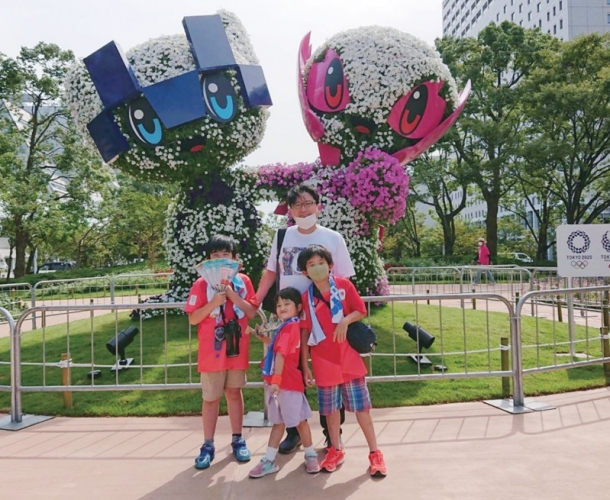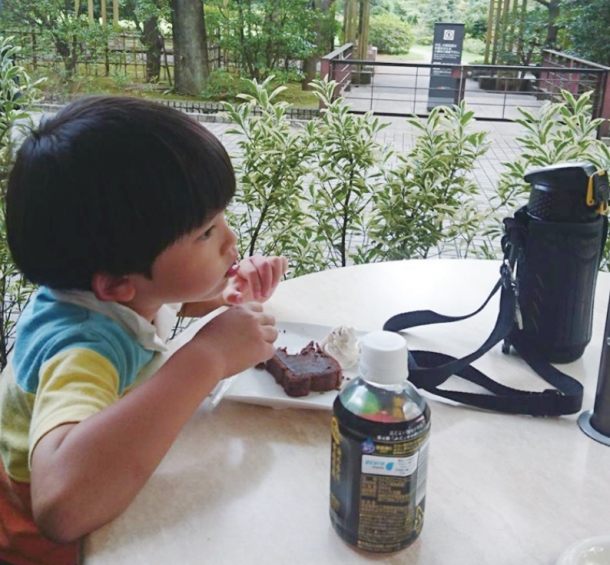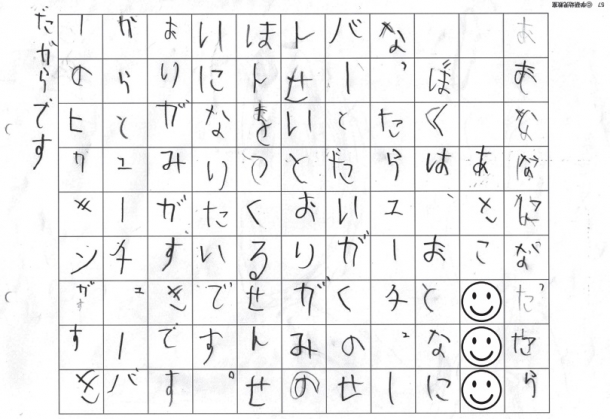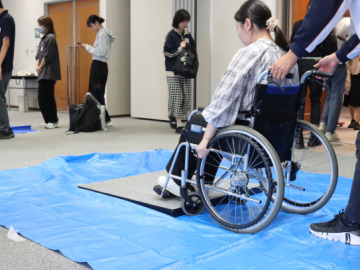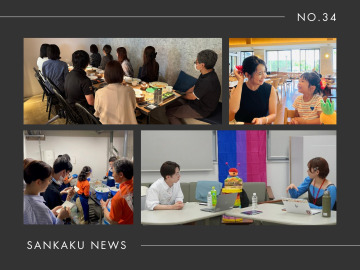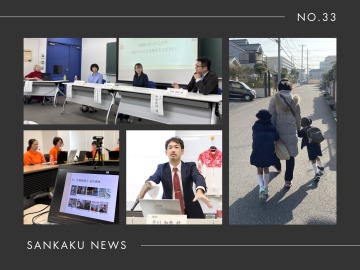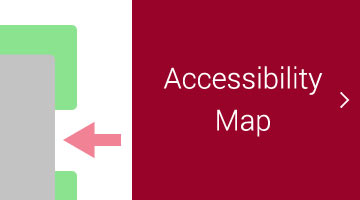Series: Tackling Work-Life Balance (25)
Yasushi Asako
Associate Professor
Faculty of Political Science and Economics
Waseda University
Frustration as a researcher
When I was a graduate student, I was absorbed in my research from the time I woke up until I went to bed. Regardless of weekends, I did research from waking up in the morning until going to bed at night, and depending on the day, until dawn. That changes drastically after a child is born.
The work of university faculty is flexible in terms of time. Therefore, when I was called from the nursery school, or when my children needed to take a rest due to illness or injury, or when they strongly refused to attend the kindergarten, I responded as much as possible. I have three children, and basically I have almost no time to work on Saturdays and Sundays, and on weekdays too they require time, so there were many days when I couldn’t do anything. Research requires sustained thinking. In a situation where thinking is interrupted because of children, research will not progress easily.
It can be said that the progress of my research has been extremely slow compared to when I was a graduate student. There were times when I thought, “Finally, it’s summer vacation! I’ll now concentrate on my research!” but then my children would fracture a bone and rest for a long time.
This was a tremendous frustration for a researcher. I couldn’t do what I wanted to do. I couldn’t publish papers. I was left out of the latest research. I have been raising children while fighting such fears.
Frustration as a father
Just because I am sacrificing research doesn’t mean I am spending enough time with my family. Because of my work, I am often driven out on Saturdays and Sundays at academic conferences and academic affairs, so sometimes I am not able to fulfill my promise to play with them. (“We want you to stop putting work in the middle of the three-day weekends…”) I like to eat so I am in charge of cooking, but I often put a burden on my wife for other housework. It is not uncommon for me to get mad at my children.
Before the spread of the Novel Coronavirus infection, there was a day when my child was sick and had to rest. However, there was a meeting that I absolutely needed to attend, so I took him to the university with me. By the end of the meeting, my child got worse and I hurried home. Things were fine in the end, but I still regret it.
After all, I am neither a perfect father nor a perfect researcher. To be honest, I never thought that I had a “work-life balance”.
Covid-19 Pandemic and Giving Up
Even so, I was happy a lot. On days when my children refused to attend kindergarten, I brought them to my office. Since it is a private room, I can easily bring them in without disturbing the surroundings. The children too are looking forward to coming with me to the university, so it’s a little event now. My second son now says it is his dream to become a university teacher in the future. I think he just wants an office with lots of toys, but I’m happy. I have also taken my children to overseas academic conferences. I have been fighting daily frustrations while cherishing such little happiness.
In the middle of all that, we were hit by the Covid-19 pandemic. It was a big blow. I couldn’t rely on my mother or mother-in-law who had helped me before, and in order to prevent infections, I minimized the amount of time I took my children to daycare services. I felt that just by making teaching materials for online lectures while doing things at home, time was slipping through my fingers.
However, because of the extreme things that happened, through the Covid-19 pandemic I was able to gradually “give up” within myself. It sounds bad when you say give up, but it’s one way of finding a clear solution. I haven’t reached the point of enlightenment yet, but I’m starting to think that I have no choice but to abandon the idea that I must absolutely maintain a work-life balance, and do what I can while valuing the happiness in front of me.
■ Profile ■
Asako YASUSHI
Born in 1978. Graduated from Keio University School of Economics in 2001. In 2003 he received a master’s degree (economics) from Hitotsubashi University. In 2009 he received a Ph.D. (Economics) from the University of Wisconsin-Madison. He has worked as an economist at the Institute for Monetary and Financial Research, Bank of Japan, before assuming his current position. His major books include “Introduction to Mathematical Analysis of Politics” (2016, Bokutakusha) and “Politics in Game Theory” (2018, Yuhikaku Publishing).
(by SANKAKU NEWS No.27)

